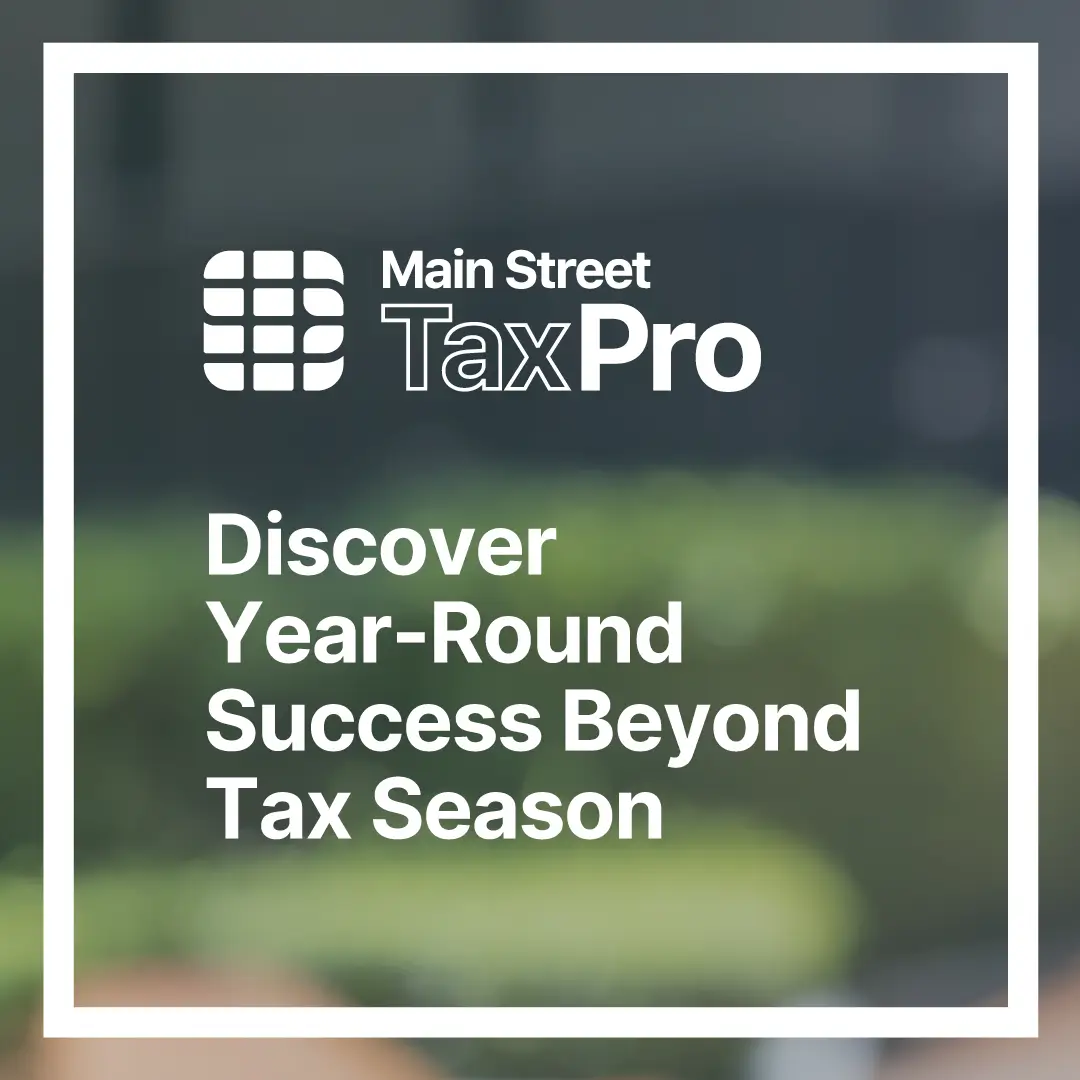For many people, starting out as a sole-proprietorship could be a perfect fit, but for equally as many, it could be a disaster.
First, please realize that you actually may have a unique situation and there isn’t a one-size fit’s all approach or answer to a every new business situation. You will most certainly have a set of facts that are different from friend’s, mine or anybody else.
For example, consider the following issues that could have a major impact on your decision-making:
- The amount of money you make and tax planning to avoid self-employment tax
- Liability exposure from your product, services or location
- Whether or not you have a partner or investor in the business
- Where you live and are doing business
- Business goals and marketing plans
- Administrative costs and demands of setting up an entity
A custom-tailored consultation and plan of attack takes all of these issues into consideration and applies them to your situation. Let’s break down these topics one by one and see what facts may trigger additional planning strategies.
What is a Sole-Proprietorship? A Sole-Prop is the simplest form of doing business. All you need to do is just start selling your product or service. No Tax ID# (“EIN”) is required. No Doing-Business-As Registration (“DBA”) is required (although recommended for marketing purposes). No bank account is required (although recommended for bookkeeping and audit protection). No extra tax return required. All of your income and expenses are reported on your 1040 Tax Return- Schedule C.
A Couple BIG Problems with the Sole-Prop:
- Tax planning to avoid self-employment tax. One of the primary disadvantages of a Sole-Prop is the Self-Employment tax of 15.3% on your net-income generated by the business. This blindsides a lot of new small business owners with a big tax bill in the Spring of the following year. Again, the tax benefits of owning a small business are fantastic! But after you write-off all of your ‘personal conversion expenses’, and the business still has profit, the SE Tax will kick in on everything else. However, if you don’t have a lot of net-income, don’t worry about the Sole-Prop and consider your next issue with your professional.
- Liability exposure from your product, services or location. Another primary disadvantage of the Sole-Prop that most people are already aware of is the owner’s personal exposure for the liabilities of the business. Thus, carefully analyze where the risks exist and if you indeed have exposure. If you do, you may want to consider setting up an entity even if it is unnecessary for tax purposes or any other reason. A strategic option is setting up an LLC, but taxing it as a Sole-Proprietorship. This way you get asset protection with an LLC, but don’t have the cumbersome tax reporting of a S or C-corporation. However, if you are running a zero to low exposure business, forget about setting up an entity and move onto the next level of analysis.
What’s GOOD about a Sole-Prop?
- Simple and easy (nothing to sign. Just say it- “I’m in business!!!”)
- In business NOW (test out your product and service)
- No State or Federal Filing (a DBA may not even be necessary)
- No Bank Account (however I would like you to set one up separate for the business)
What if I have a partner or investor in the business? If you have a partner or investor in your business, it’s almost a given you will form an entity rather than operate as a Sole-Prop. Simply by definition, if you have a ‘partner’ than you will be taxed as a partnership, need to file a partnership tax return, and have the personal vicarious liability exposure for your partner’s actions. Not to mention you will want to document your relationship with those individuals you are doing business with and be careful not to open yourself up to a lawsuit with a ‘hand-shake deal’.
Where you live and doing business matters. It’s important to realize that if and when you set up an entity, it’s absolutely critical you establish the entity in the state where you are doing business. If you don’t, more than likely you won’t receive any benefit from the structure. As such, when you do your cost benefit analysis, look specifically at your state and it may be more advantageous to operate as a Sole-Prop. For example the filing fees for an entity can be extremely high in states like Texas, or Illinois, and the on-going minimum tax for an entity can be too expensive in states like California.
Business goals and marketing plans. If you are investing in a robust marketing plan and working hard to ‘brand’ your company name or product. Setting up an entity initially may be a wise move to protect your name (at least in the State where you are doing business). Starting out as a Sole-Prop may be cheap and easy, but could cause you some money and headaches to re-brand and start over later. Moreover, you may want the legitimacy and image of having something more established like an LLC or Corporation and forming an entity would be more strategic than looking like a start-up in the garage doing business under you personal name as a Sole-Prop.
Administrative costs and demands of setting up an entity. If the costs of setting up and maintaining an entity far outweigh any benefits they offer, than a Sole-Prop makes could be the perfect fit. If you don’t have a tax, liability or partner issue, this is when using a Sole-Prop tends to make the most sense.
I often tell clients that unless there is a major liability issue, starting out as a Sole-Prop is a great fit. Don’t get too complex too quickly. Make sure the business concept is viable and making money before investing in a more advance structure.
Take away action items:
- If you anticipate making more than 30k in net-income before year-end, consider the S-Corporation.
- If you have liability exposure, consider a single member LLC to create protection, but the simplicity of tax reporting as a sole-proprietor.
- If you have partners or investors, consider an LLC so you can avoid the vicarious liability for your partners actions, and have the Operating Agreement for the LLC to document the ‘agreement’ between each of you.
- If you need the credibility and image of a formal ‘Inc’ or ‘LLC’ behind your name and plan to invest in your brand and image, staying away from the Sole-Prop could save you a lot of headaches down the road trying to re-brand your company name, etc..
DON’T GO TO THE WEB OR LOCALLY- Unless you have the right advisor!!! Just to compare and price shop, our full-service option at KKOS for an entity in any state includes drafting all necessary documents, creating a corporate kit, filing all necessary forms with the State and IRS to obtain Tax ID numbers, including the costs for any state filing fees, publication costs, mailing charges, and any and all consulting with the attorney or paralegal to get the entity formed and coordinated with your overall business and estate planning structure. The fee is only $800, plus the State filing fee, and the Registered Agent fee in the State with a street if you can’t serve of $125. IN ANY STATE!!
Now if you want to do some ‘do it yourself’ planning, I totally get it. Sounds great and I realize all of us are on a budget. But at least have your structure reviewed by a tax professional and attorney that knows this area of the law. You can certainly save a few bucks going that route, but still insure you ended up with the right plan.










